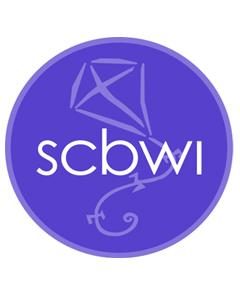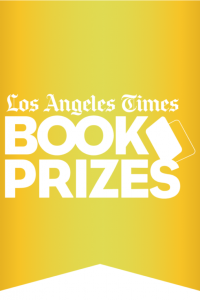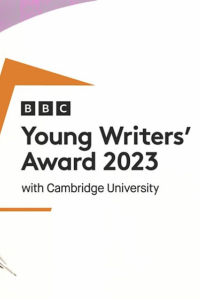Harassment in Children’s Literature
 The YA/children’s literature community has been rocked by high-profile sexual harassment allegations in recent weeks. Late last year writer Anne Ursu conducted a survey of members of the community, asking about their experiences with sexual harassment, and recently published the results as “Sexual Harassment in the Children’s Book Industry“. Though the article did not name names, it prompted a number of people in the industry to discuss their experiences with harassment more openly, with many naming their accused harassers publicly.
The YA/children’s literature community has been rocked by high-profile sexual harassment allegations in recent weeks. Late last year writer Anne Ursu conducted a survey of members of the community, asking about their experiences with sexual harassment, and recently published the results as “Sexual Harassment in the Children’s Book Industry“. Though the article did not name names, it prompted a number of people in the industry to discuss their experiences with harassment more openly, with many naming their accused harassers publicly.
Figures in the industry named in multiple reports include author Jay Asher and illustrator and Society of Children’s Book Writers and Illustrators board member David Diaz. Both were expelled from SCBWI, with executive director Lin Olvier explaining that they “were found to have violated the SCBWI code of conduct in regard to harassment. Claims against them were investigated, and, as a result, they are no longer members and neither will be appearing at any SCBWI events in the future.” Asher has stated that he chose to leave the organization himself, and that he was a victim of harassment, not a harasser, with his spokesperson saying, “In April 2017 Mr. Asher voluntarily agreed that he would no longer attend SCBWI conferences. This was in response to many years of harassment from a group of authors with whom he had consensual relationships that ended with some hurt feelings when they learned about each other.” Asher’s agent at the Andrea Brown Literary Agency has parted ways with him: “All of the agents at ABLA support the important national conversation about sexual harassment and bullying and we believe that all creators should have a safe space to work professionally. We have counseled Jay to take a step back from the industry and he’s doing so. He is no longer working with the agency.”
An article in School Library Journal on the subject generated hundreds of comments about harassment in the children’s literature field, including many specific accusations. Several anonymous commenters there accused SF writer James Dashner of inappropriate behavior, including “months of manipulation, grooming, and gaslighting.” Dashner’s agent Michael Bourret of Dystel, Goderich & Bourret subsequently cut ties with the writer: “Under the circumstances, I couldn’t in good conscience continue working with James, and I let him go.” Random House said they would not publish any further books by Dashner, who wrote the popular YA Maze Runner series, and had his first adult novel, The Waking, under contract. Dashner first posted on Twitter that he was shocked by the allegations, but later made a statement that after “searching my soul” he’d realized he was part of the problem, and “didn’t honor or fully understand boundaries and power dynamics.” He is seeking counseling and guidance. His statement is here.
SF writer Myke Cole was also mentioned by more than one commenter on the School Library Journal article, who claimed he made aggressive advances. In a blog post titled “When you make a mistake, you have to own it,” he says, in part:
I am mentioned in the School Library Journal thread that names and shames men who have been inappropriate in their conduct with women in the field.
I wish I could say that the entire comment was false, but I would be lying to you and to myself. I have always prided myself on being “good.” I thought I had a good handle on what that was. It turns out I was wrong. And I have to be accountable to you and to myself. I have repeatedly abused my social power. I have made unwelcome advances in professional settings and that is not okay.
This is humiliating to write, but it is also necessary, because I believe in the #MeToo movement and I 100% support women coming forward to name men who have made them uncomfortable, or worse abused them.
He offered apologies; pledged to donate $500 to the Time’s Up Legal Defense Fund; and resigned from the board of Drinklings, a publishing happy hour in New York, because “the thought that anyone attending that event would feel unsafe is unacceptable.” His post is here.
YA SF writer (and sometime Locus contributor) Gwenda Bond has started an online pledge encouraging writers to refuse to take part in YA and kidlit festivals and conventions that don’t have good harassment policies (based on a similar pledge John Scalzi created regarding SF conventions). She included an open letter to those festivals about the importance of strong anti-harassment policies. So far, she has over a thousand signatories. For more see her site.








